 Animals
Animals  Animals
Animals  Movies and TV
Movies and TV 10 Box Office Bombs That We Should Have Predicted in 2025
 History
History 10 Extreme Laws That Tried to Engineer Society
 History
History 10 “Modern” Problems with Surprising Historical Analogs
 Health
Health 10 Everyday Activities That Secretly Alter Consciousness
 History
History Top 10 Historical Disasters Caused by Someone Calling in Sick
 Animals
Animals 10 New Shark Secrets That Recently Dropped
 Movies and TV
Movies and TV 10 Forgotten Realities of Early Live Television Broadcasts
 Technology
Technology 10 Stopgap Technologies That Became Industry Standards
 Weird Stuff
Weird Stuff 10 Wild Facts About Taxidermy That You Probably Didn’t Know
 Animals
Animals The Animal Kingdom’s 10 Greatest Dance Moves
 Movies and TV
Movies and TV 10 Box Office Bombs That We Should Have Predicted in 2025
 History
History 10 Extreme Laws That Tried to Engineer Society
Who's Behind Listverse?

Jamie Frater
Head Editor
Jamie founded Listverse due to an insatiable desire to share fascinating, obscure, and bizarre facts. He has been a guest speaker on numerous national radio and television stations and is a five time published author.
More About Us History
History 10 “Modern” Problems with Surprising Historical Analogs
 Health
Health 10 Everyday Activities That Secretly Alter Consciousness
 History
History Top 10 Historical Disasters Caused by Someone Calling in Sick
 Animals
Animals 10 New Shark Secrets That Recently Dropped
 Movies and TV
Movies and TV 10 Forgotten Realities of Early Live Television Broadcasts
 Technology
Technology 10 Stopgap Technologies That Became Industry Standards
 Weird Stuff
Weird Stuff 10 Wild Facts About Taxidermy That You Probably Didn’t Know
10 Countries With A Unique Human Rights Problem
There are a lot of countries in the world, some a lot nicer to be in than others. While some problems are commonplace, such as war, poverty, and homophobia, there are a few places that stand out in a particular region as lagging way behind in providing a basic right to their citizens.
10 Ireland Has No Transgender Recognition
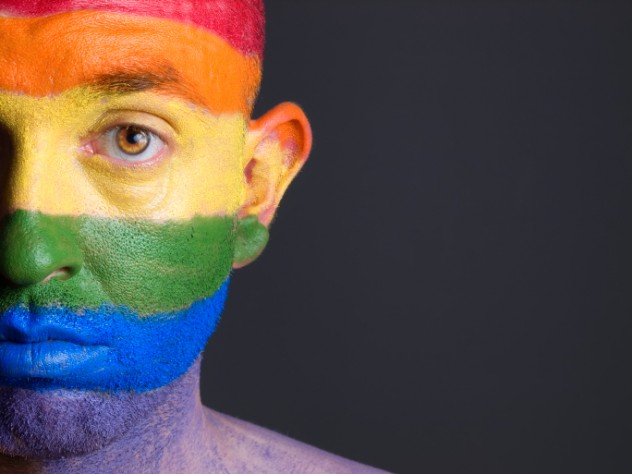
The Republic of Ireland is the only country in the European Union that doesn’t have any laws for officially recognizing transgender people. In an attempt to bring themselves in line with the rest of the continent, draft legislation has been drawn up, but it’s far from ideal. No transgender organizations were consulted, or even informed, before the draft was created. The legislation would only recognize a change in gender registration in those over 18, and would require a person to divorce their spouse before their true gender could be legally recognized. This is an important issue, as a recent survey found that a shocking 80 percent of Irish transgender people have attempted suicide.
9 The Philippines Does Not Allow Divorce
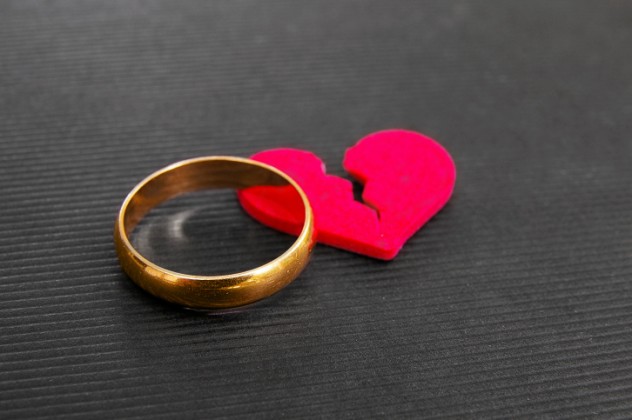
In May 2011, the people of Malta voted to legalize divorce, leaving the Philippines as the only country in the world where it isn’t currently allowed. The strong influence of the Catholic Church is the main obstacle to its legalization, as politicians are in favor of what many consider to be the basic right of being able to end a relationship.
The ban has forced Filipinos to come up with imaginative ways to separate. A marriage can be annulled if a psychiatrist declares one of the partners to be “psychologically incapacitated” in such a way that they are unable to fulfill their matrimonial obligations. What counts as an obligation isn’t clearly defined, and some people in the country have had multiple marriages annulled.
8 Belarus Is The Last European Country With The Death Penalty

Belarus is the only European country, and also the only country of the former USSR, that still executes prisoners. Executions are carried out using a bullet to the back of the head, after which bodies are buried in a secret location unknown even to the families of the deceased. Two prisoners hanged themselves in their cell a few years ago to avoid execution so that their relatives would get their bodies back.
The wider continent has regularly called on Belarus to halt its use of capital punishment, with little success. It is impossible for Belarus to become a member of the European Union while the death penalty is still legal.
7 Israel Rejected A Human Rights Review
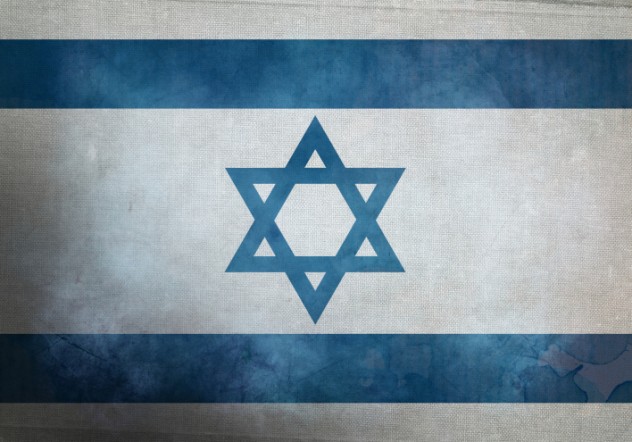
The Universal Periodic Review (UPR) on human rights is a UN initiative that started in 2011. It is a way for countries to report on their human rights records, with the aim of increasing accountability and improving human rights internationally. During the most recent round of reviews starting in 2013, Israel was the only country of the 193 UN member states to withdraw. The International Service for Human Rights says this “risks undermining international accountability and the rule of law.”
The Human Rights Council, which manages the UPR, has continued discussion with Israel in an attempt to get the country reinvolved. Israel has stated that it intends to maintain a discussion with the Human Rights Council, though some countries are unimpressed. A number of Islamic states, including Egypt, Tunisia, and Pakistan, have been particularly critical of Israel’s move.
6 The USA Has No Paid Maternity Leave
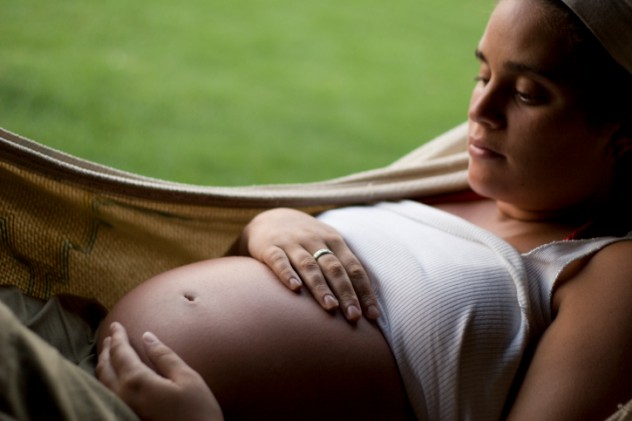
The USA is the only developed nation not to mandate paid maternity leave for mothers. The only other countries with that distinction are Papua New Guinea, Swaziland, Liberia, and Lesotho, none of which come within touching distance of the top 100 GDPs by nation. The USA is No. 1. The right to assistance of motherhood is part of Article 25 of the Universal Declaration of Human Rights.
The last time the US government took steps toward improving the situation was two decades ago, under Bill Clinton. Since then, mothers have been entitled to 12 weeks of unpaid leave under certain conditions. Only 11 percent of private-sector employees receive paid maternity leave, of around seven weeks on average. Most wealthy nations provide six months or more, and the benefits include lower infant mortality and increased long-term income potential for women.
5 Iran Has A Legal Organs Trade

Iran doesn’t have a fantastic reputation for human rights, but it stands out in one area. It is the only country on Earth where it is legal to buy and sell organs for transplant. This has led to odd incidents such as people advertising their kidneys for sale by spray painting their blood type and phone number on public buildings.
While most countries ban organ sales to prevent exploitation of the poor, some experts believe that the situation in Iran is preferable to some alternatives. Thousands of people die waiting for transplants around the world, and “transplant tourism” for black market organs is an issue in other countries. The World Health Organization gives Iran’s policies special mention for limiting the scope of that particular problem.
4 The USA Has No Universal Healthcare

Until recently, the United States and South Africa were the only industrialized nations not to provide universal healthcare to residents. Now the US stands alone. The right to medical care for all is set out in the UN’s Universal Declaration of Human Rights, which was signed by the US in 1948. The level of healthcare available for some people in the US has been compared to that in third world countries.
The different standards of healthcare typically available for different racial groups has also been cited as a failure of the US’s obligations under the Race Convention. This agreement, to which the US is party, requires the government to proactively eliminate disparities between different groups. That the US’s international obligations haven’t formed part of the debate over health reform is a reflection of yet another problem in the system.
3 The USA Doesn’t Care About International Treaties
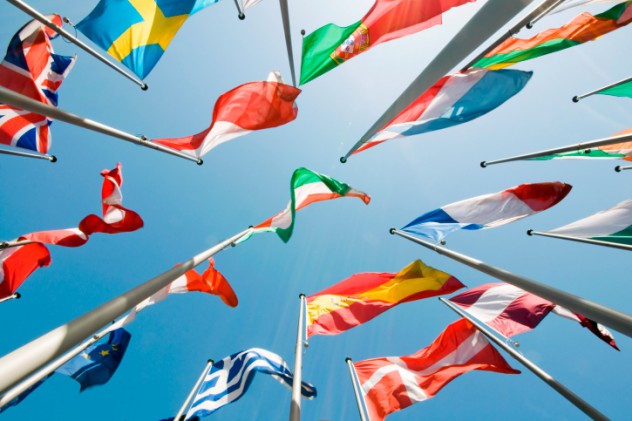
Famously, the United States is the only UN member state not to have ratified the Kyoto agreement on climate change, which set targets to reduce carbon emissions. Though the US initially signed it, George W. Bush decided against joining due to concerns over the economic impact it would have.
Less well-known is that the United States has the worst track record for ratifying human rights treaties out of all wealthy nations. The Convention on the Rights of the Child has been ratified by every country in the UN except the US and Somalia, a war-torn country that didn’t have a government at the time the treaty was created. The US is also one of only seven countries not to have signed up to the Convention on the Elimination of All Forms of Discrimination against Women. Only other country with a GDP inside the world’s top 70 did not sign up, but this particular nation is a beacon of women’s rights anyway: the Islamic Republic of Iran.
2 Mauritania Still Has Slaves
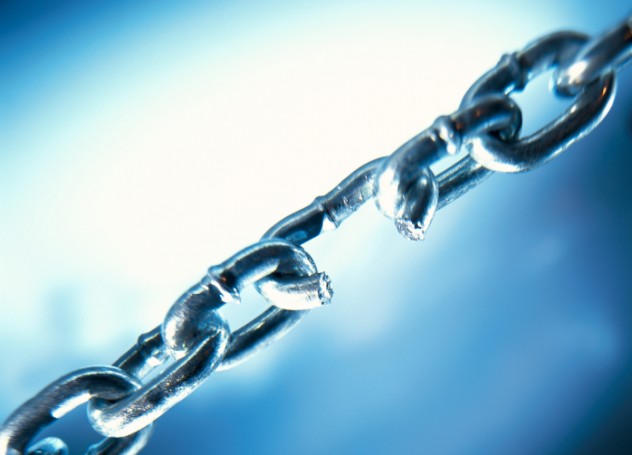
Mauritania didn’t make slavery a crime until 2007, making it the last country in the world to outlaw the practice. While that is bad enough, between 10 and to 20 percent of its population is estimated still to be in slavery—up to 680,000 people. It is an extremely poor country, and slave owners are often living in poverty themselves. There is a racial element to slavery, with darker-skinned people usually owned by the lighter-skinned.
In the last six years, since slavery was outlawed, only one slave owner has been convicted under the new laws. Foreign journalists who attempt to report on the issue are often kicked out of the country, or followed around by a minder from the government.
1 China Is Holding a Nobel Peace Laureate Prisoner

When the Burmese government released opposition politician Aung San Suu Kyi, it left China in the unique position of being the only country to have a Nobel Peace Prize Laureate in prison. Liu Xiaobo was imprisoned for 11 years for criticizing China’s government, which led to him missing the Nobel awards ceremony in 2010. The prize was accepted by his wife and Liu remains in prison, the Chinese government having branded his recognition as “contrary to the purpose of the award and a blasphemy of the Peace Prize.”
You can read Alan’s blog at skepticalnumber.com or email him.








